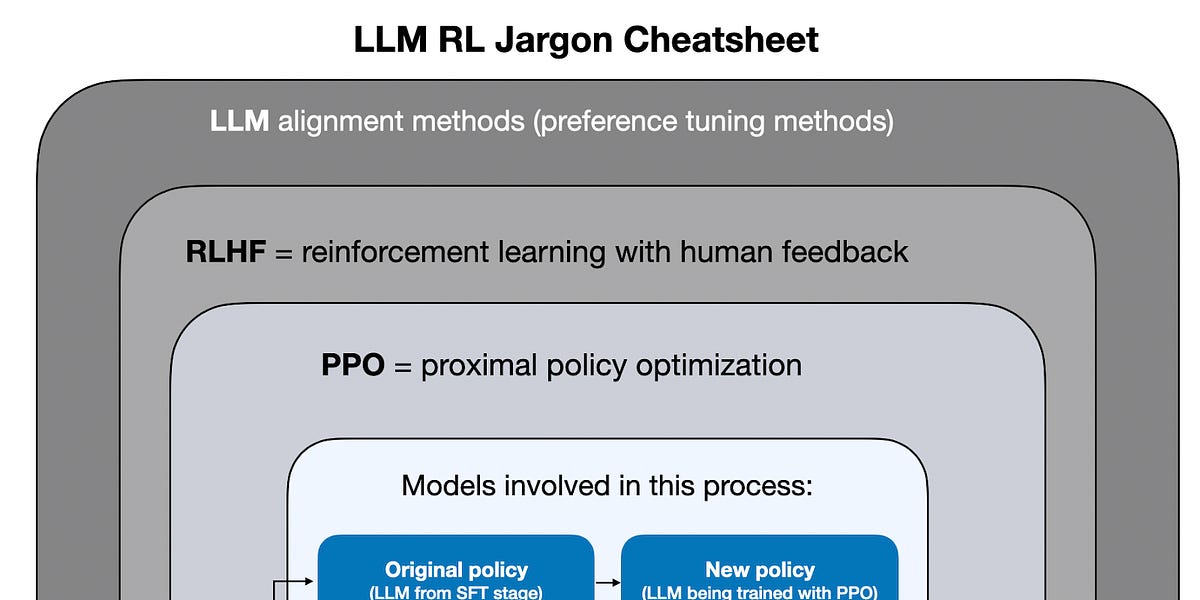Since its emergence on the life sciences stage, some of the best use cases of artificial intelligence (AI) have been the creation of indispensable tools for drug discovery, patient engagement, and healthcare operations. However, the biggest opportunity for AI right now is to develop treatments for rare diseases that still have no effective therapies.
Shikha Singhal, principal of data science at Axtria, discussed the AI-driven future of the life sciences industry with AIM. “With less than 5% of 7,000 known genetic diseases having treatments, pharma companies will prioritise niche therapies, supported by AI-enabled patient analytics and real-world data,” she said.
In 2024, Demis Hassabis and John M. Jumper were awarded the Nobel Prize in Chemistry for their contributions to AI-assisted protein structure prediction. Shikha believes these advancements set the stage for 2025, which promises even greater strides in efficiency
and effectiveness, patient engagement, and innovative therapies.
As the industry builds on this momentum, Shikha outlined several key trends that will enhance drug lifecycle management. “AI is centre stage right now and pharma is figuring out the ideal human-AI combination, reinventing their business functions with new ways of working,” shikha said. She added that AI and advanced analytics are key to developing tailored medicine, AI-powered cloud solutions enable instant data-driven decisions, and how highly personalised treatments are a reality thanks to the use of digital twins. Shikha says Axtria is leading the charge with AI-based products and services that make digital transformations successful, paving the way for these exciting treatment innovations.
Axtria’s GenAI Solutions are Purpose-Built to Tackle Pharma’s Biggest Problems
The company is based in New Jersey, United States, and works with 16 of the top 20 life science companies globally. It operates in 70 countries and has more than 3,800 professionals. Its cloud-based platforms enable life science organisations to scale innovations such as predictive analysis to anticipate the needs of healthcare professionals, GenAI-driven insights to optimise outreach channels, and personalised interactions to transform customer engagement. “At Axtria, we are pioneering solutions in each of these areas, particularly in building integrated data ecosystems and advancing analytics for clinical and commercial success,” said Shikha.She outlined the “structured, step-by-step journey” through which Axtria guides its clients. First and foremost, it involves identifying high-impact use cases, developing proof of concepts, and testing technologies. Next, these solutions are scaled for broader impact, and adoption is streamlined by driving user trust and engagement. Finally, the journey is monetised and transformed into measurable business value.
“Clients have the flexibility to leverage our teams to build these applications or license our pre-built applications, or leverage our pre-built agents and create their own applications,” Shikha. At their core, these AI-enabled applications are driven by data. As she points out, most companies still struggle with structuring large volumes of data today.
Axtria DataMAx™ and R&D
To solve that challenge, and derive actionable insights from data, Axtria has built a solution called Axtria DataMAx™. It facilitates the rapid integration of all major structured and unstructured life sciences data sources securely, accurately, and with industry compliance.
“Users can provision data mart creation for downstream consumption and reporting by analytics systems, models, or individual data stewards,” Shikha added.
Moreover, Axtria helps organisations solve other critical challenges, such as optimising research and development (R&D) and commercialisation investments. The company’s AI-driven software helps map patient journeys and connect them with the right care providers at the right time.
Axtria also empowers Global Capability Centres (GCCs) as innovation hubs, enabling them to tackle complex challenges and streamline operations by embedding AI-powered analytics. “Our purpose-built platforms are designed to align with the specific goals of life sciences organisations, ensuring regulatory compliance and commercial effectiveness,” said Shikha.
Axtria Leads the Charge in the Rare Disease Battle
Beyond these challenges, healthcare organisations are using AI to tackle rare diseases and next-generation therapies.
Shikha highlights how Axtria’s deep domain knowledge in clinical trials supports life science companies in identifying trial participants, optimising trial designs, and scaling personalised treatments. “Enabling the right models allows researchers to analyse complex datasets like genomics and patient registries, uncovering biomarkers and accelerating drug discovery,” she explained.
This is only the beginning of how AI is set to transform the healthcare industry and how Axtria will play a vital role in it. Shikha revealed that one of the company’s goals is to become the leading expert in rare diseases and next-generation therapies. She concludes, “We will continue to focus on developing state-of-the-art, cloud-based, innovative solutions that address the unique challenges of these complex areas.”

 3 weeks ago
9
3 weeks ago
9


